

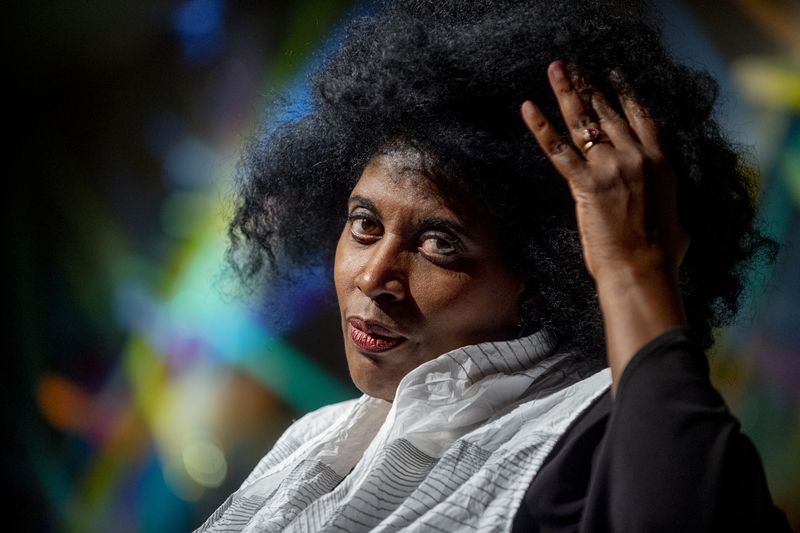
Flint’s Inaugural Poet Laureate
Welcomes you to the Poetry of the Transcendentalist Movement. Recited by members of The People’s Church of Flint
ABC 12 News Interview with Poet Laureate, Semaj Brown about Zeta Beta Zeta Poetry Gallery launch
By ABC12 News Staff
Published: Oct. 14, 2021 at 11:15 AM EDT

Transcendentalist Poetry Gallery
About the Transcendentalist Movement
Transcendental poetry is a term related to the theory of poetry and literature and, more precisely, to the fields of aesthetics and romantic philosophy.[1] The expression “transcendental poetry” was created by the German critic and philosopher Friedrich Schlegel (1772-1829) and also used by the poet and philosopher Friedrich von Hardenberg (1772-1801), also known as Novalis. Transcendental poetry links the literary field to the philosophical one, poetry to thinking, and the critical reflection to the artistic creation.[2]
The German philosopher Immanuel Kant (1724-1804) used the term “transcendental” to mean “a knowledge which does not directly concern the objects of experience, but which concerns our way of knowing such objects. It is a ‘knowledge of our way of knowledge’, or ‘knowledge of limits and possibility of our knowledge.'”[3] The German philosopher Fichte (1762-1814) and then the romantic philosophers Friedrich Schlegel and Novalis found in this kind of self-knowledge the basic principle of the human mind or spirit.[4] “They wanted to show the mechanism and essence of the spirit: self-consciousness is the consciousness that the spirit has of its own activity. Since reality is determined, or structured, or even created by our spirit, self-consciousness is consciousness of reality.”[5] Romantic philosophers affirmed that reality is created by the activity of the spirit, and in this way it is poetically produced.[6]
Definition
The most famous definition of transcendental poetry is given by Friedrich Schlegel in the Journal Athenaum (1800):
“There is a poetry whose One and All is the relationship of the ideal and the real: it should thus be called transcendental poetry according to the analogy of the technical language of philosophy. […] But we should not care for a transcendental philosophy unless it were critical, unless it portrayed the producer along with the product, unless it embraced in its system of transcendental thoughts a characterization of transcendental thinking: in the same way, that poetry which is not infrequently encountered in modern poets should combine those transcendental materials and preliminary exercises for a poetic theory of the creative power with the artistic reflection and beautiful self-mirroring.”[7]
Friedrich Schlegel writes that transcendental poetry should present the act of artistic creation along with the created work of art. In this way, “this poetry should portray itself with each of its portrayals; everywhere and at the same time, it should be poetry and the poetry of poetry.”[8] A characteristic of transcendental poetry is the self-reflection so that art “in everything that it represents, it must also represent itself.” As a consequence of that, there is no any precise difference between a work of art and a work of criticism. A transcendental poem should mirror itself and represent its poetical principle. In doing so, a poem is “poetry of poetry” and a self-conscious, critical production.[9] In this perspective, criticism and artistic self-consciousness are constitutive parts of the creative work. This self-mirroring of the work of art as a reflection on its poetic character is a constitutive element of modern poetic creation, and it also becomes a constitutive element of the work of art.[10]
Poets of the Transcendentalist Movement
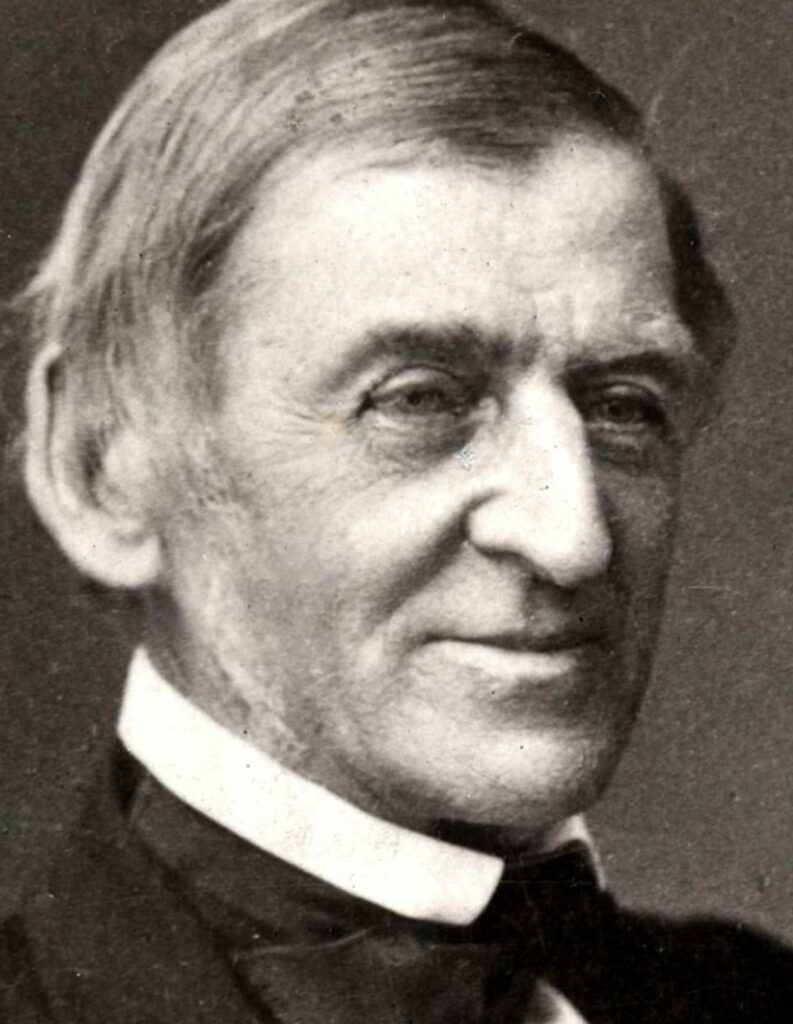
Ralph Waldo Emerson
Boston, MA – 1803-1882
Ralph Waldo Emerson, who went by his middle name Waldo, was an American essayist, lecturer, philosopher, abolitionist, and poet who led the transcendentalist movement of the mid-19th century.
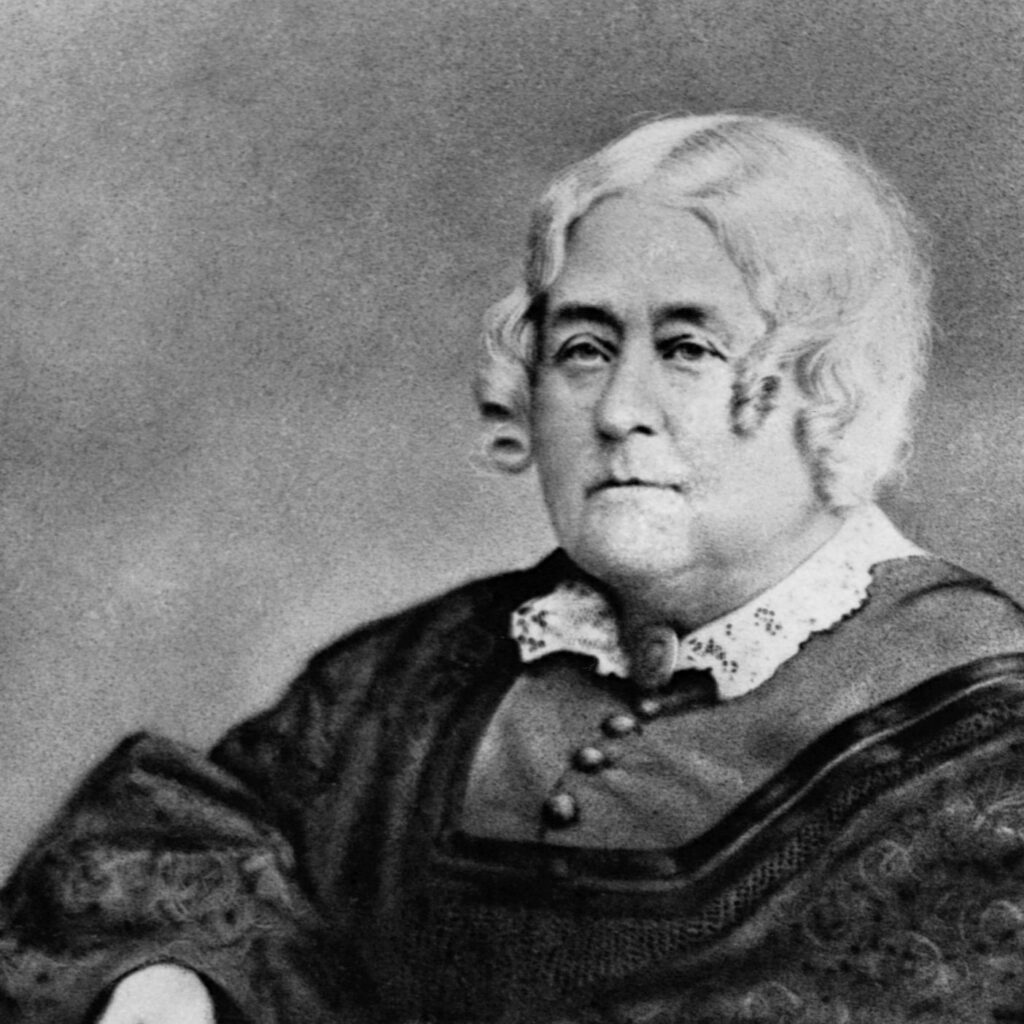
Elizabeth Palmer Peabody
Billerica, MA – 1804-1894
Elizabeth Palmer Peabody was an American educator who opened the first English-language kindergarten in the United States. Long before most educators, Peabody embraced the premise that children’s play has intrinsic developmental and educational value.
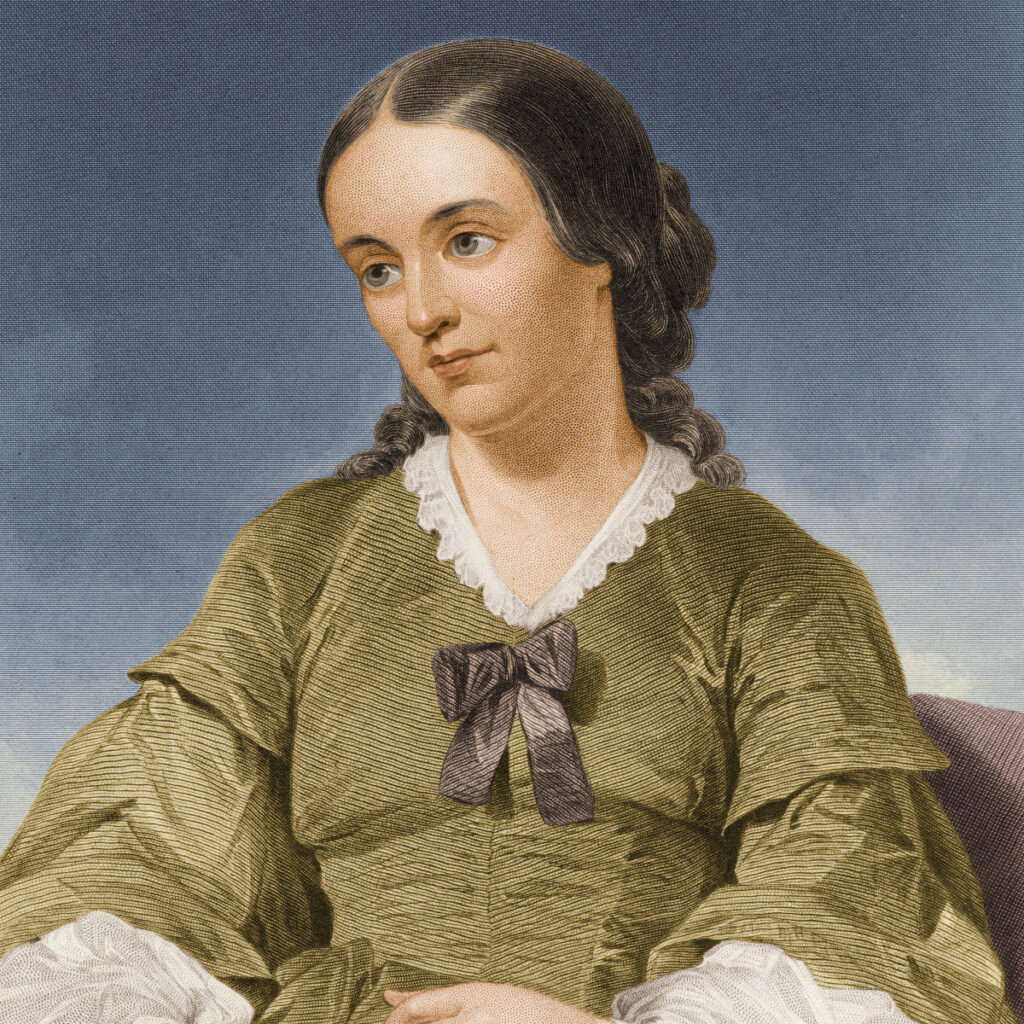
Margaret Fuller
Cambridge, MA – 1810-1850
Sarah Margaret Fuller Ossoli was an American journalist, editor, critic, translator, and women’s rights advocate associated with the American transcendentalism movement. She was the first American female war correspondent and full-time book reviewer in journalism.
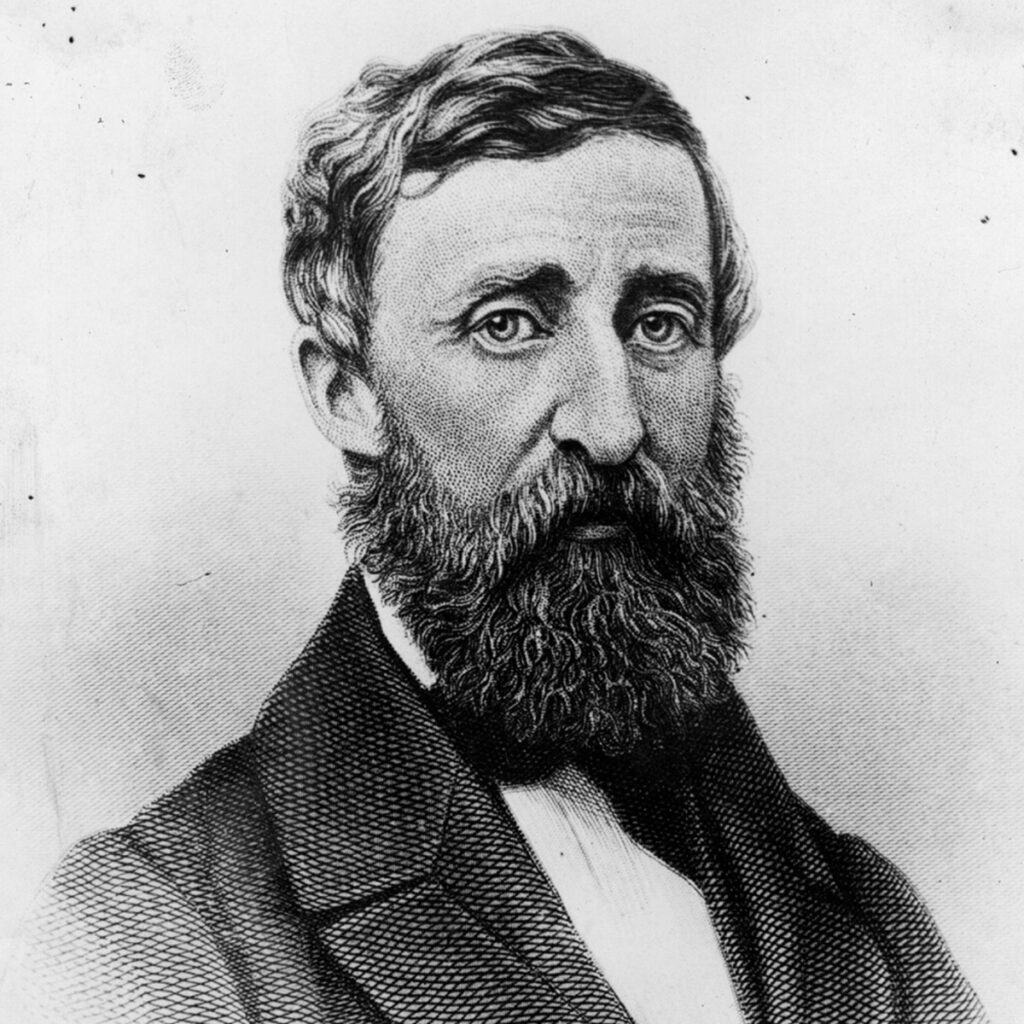
Henry David Thoreau
Concord, MA – 1817-1862
Henry David Thoreau was an American naturalist, essayist, poet, and philosopher. A leading transcendentalist, he is best known for his book Walden, a reflection upon simple living in natural surroundings, and his essay “Civil Disobedience”, an argument for disobedience to an unjust state.
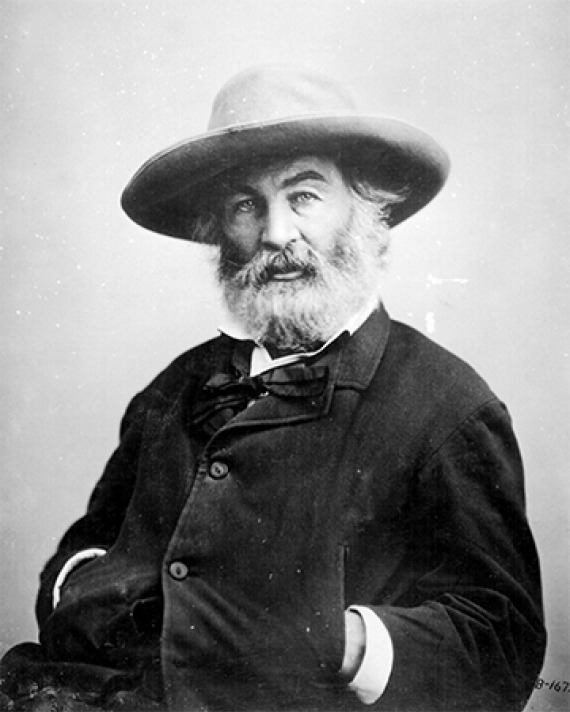
Walt Whitman
West Hills. NY – 1819-1892
Walter Whitman was an American poet, essayist and journalist. A humanist, he was a part of the transition between transcendentalism and realism, incorporating both views in his works. Whitman is among the most influential poets in the American canon, often called the father of free verse.
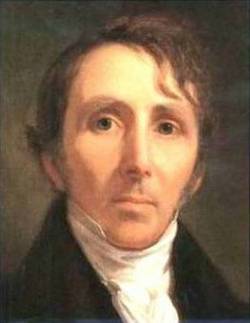
W.E. Channing
Newport, RI – 1780-1842
William Ellery Channing was the foremost Unitarian preacher in the United States in the early nineteenth century and, along with Andrews Norton, one of Unitarianism’s leading theologians.
Gratitude/Credits
Thank You Academy of American Poets with funds from the Melon Foundation for making this evening possible!
Thank you for supporting, sharing, commenting, registering, attending and celebrating in your hearts and spirit with us the magnificence of the Harlem Renaissance Era Poetry!!!
Thank You to the Community Partners of the Flint’s Poet Laureate, Semaj Brown for the year 2021, Zeta Foundation-Flint in collaboration with Zeta Beta Zeta Chapter of Zeta Phi Beta Sorority, Inc.
Thank you, Mrs. Karen Utsey, President of Zeta Beta Zeta Chapter
A true joy to work with your glowing leadership!
Thank you, Ms. Renea Rubin, President of Zeta Foundation-Flint
Your Waiting Room Musical and Visual Creation was magical transporting us to 1928!
Thank you, Mrs. Lynese Thomas, Madame Director of Michigan State Organization for your participation!
Thank You, Harlem Renaissance Committee of Zeta Beta Zeta: Karen Utsey, Renea Rubin, Dr. Maria Boyd, Tee Lucas, Doris Clarke:
Dr. Maria Boyd-Springer literary logistics, how I enjoyed the reading and distribution of every poem with you!
Sister Doris Clarke technical support guru!
Sister Tee Lucas, for dedicated marketing!
Thank You To All Those Zeta Members (My Wonderful Sorors) Who Beautifully Recited And Videotaped Harlem Renaissance Poetry! Every Piece Resonated with your Pure Royal Blue and White Intention!
Thank You, Amanda Marie Thomason, fantabulous graphic designer/web designer/my right hand for over a decade!
Thank You, Darolyn Brown award winning retired Language Arts Educator, Consultant
Thank You Pamela Renee Hall Purifoy marketing consultation
Thank You Abc Morning News 12!!!
Thank You Flint Courier News!!!
Thank You my Cass Tech Class for your Green and White Shine, a safe place to be excellent!
Truth according to Semaj:
Though the result of a project may be sublime, perfect, beautiful, it is the process that brings transcendence. During the months of preparation from conception, to planning, to gathering literature to production of “An Evening of Harlem Renaissance Poetry with Poet Laureate, Semaj Brown and Zeta Beta Zeta,”
people were increased and respected during this process. Love and appreciation swelled while working. Women listened to one another, cooperated using Sisterly love as a tool.
All points of view were valid and encouraged, celebrated. Individual creativity was honored. Participation spread over many levels lifting, and eradicating the prospect of burden for one person. Yes, it was work intensive.
But, it boils down to how we treat one another. Can we see one another? Can you see yourself? And if we do not understand, can patience be held like a flower waiting to bloom?
Will you study to know? Will you remain open and try, or will the work all end in a frustrating heap of agony?
Self- determination for me encompasses how we move with, inside and around one another. It is not just about getting the job done, which is the least of it.
Does such cohesive work form a force which propels us forward? In other words, does positive energy extend into other areas collectively or personally? For me, the measure of a successful project is in the process as much or more than it is in the product.
Serving is a glorious experience; to enrich, enlighten, and inspire, and thus empower the community is the goal— my goal.
Through the offering process, I too am enriched, inspired, and empowered via working and giving. It is a natural cycle of flight science.
Wind from implementation wheels spin a backdraft, catching under wings so I might fly lifting others. We all spread like the Sun. This happened during the Making of a Harlem Renaissance Evening of Poetry.
I am yet feeling illuminated because of the collective light you All reflected. Keep the glow, glowing.
This is the model, the standard for collective work going forward. Nothing less, only stars for All.
Thank you! Love You!
Cultural Literary Director of an Evening with Harlem Renaissance Poetry
#Flint’sFirstPoetLaureate #HarlemRennaissance
#AcademyofAmericanPoetsPoetsLaureateFellow
#Poets.org
#AcademyofAmericanPoets
Rock!


